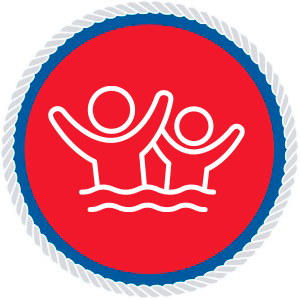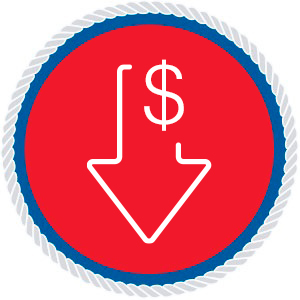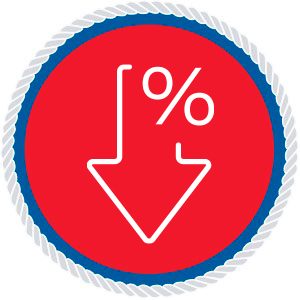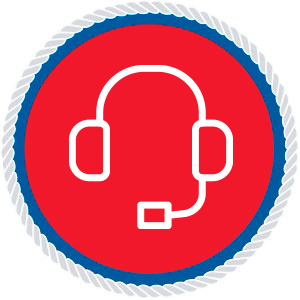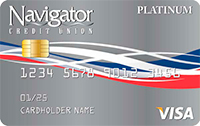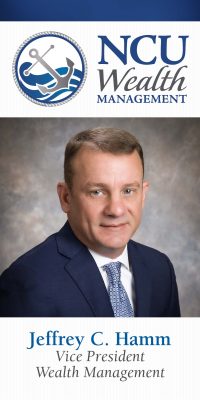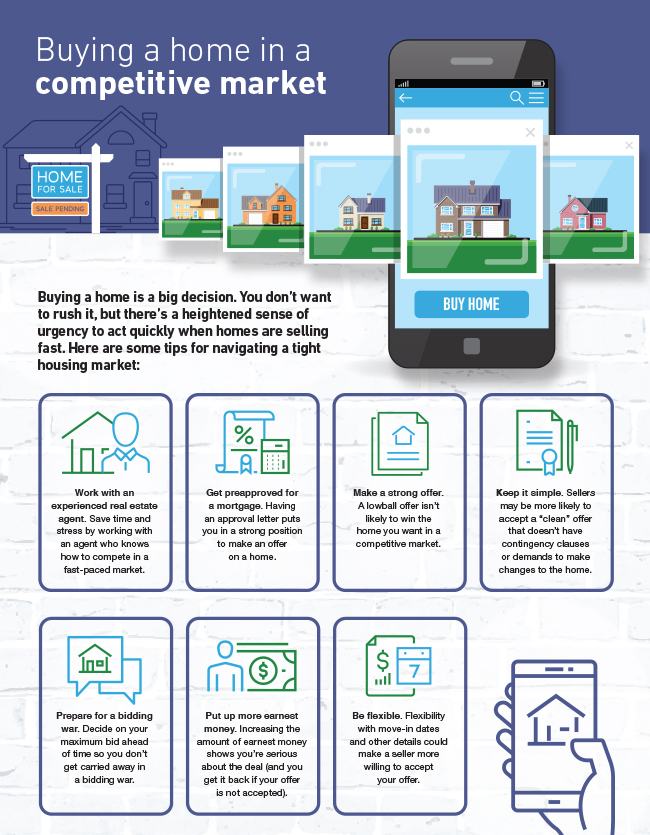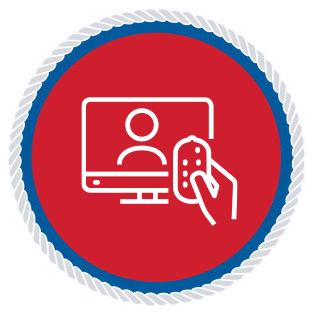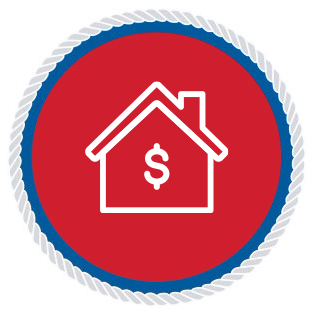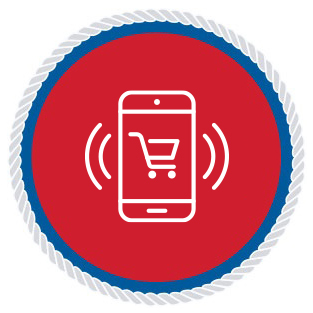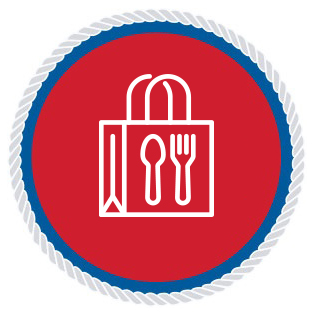

Cool Down Summer Spending
Lazy days and fun getaways are the hallmarks of summer. But unfortunately, our summer spending can leave our wallets empty come fall. We have some smart ways you can cool down common summer expenses.
Reduce Cooling Costs
Electricity usage tends to peak in the summer months mostly because of air conditioning. To reduce energy costs, replace your air filters often and turn up the thermostat by as little as four degrees. Get in the habit of using a ceiling fan to cool hot air as it rises. Keep blinds and curtains drawn to block out sunlight that can heat up your home.
Entertain the Kids for Less
From summer camp to swim lessons, activities for children can really add up. The good news? Warmer weather usually mean more festivals, outdoor concerts and community events, and this summer many venues and events are resuming pre-COVID schedules. Follow your local city or parks and recreation department social media accounts to keep up to date on free events. Some museums and learning centers also offer free or reduced admission days through the summer months. Consider using coupons and deals for entertainment. You can typically find discounts online on everything from bowling and mini-golf, to swimming, day trips and local restaurants. Plan a get-together with friends and their kids and you can save money thanks to group discounts.
Plan a Thrifty Summer Trip
Everyone enjoys big summer trips but they can be pricey. Cut costs by visiting more affordable tourist spots. Nearby state parks or local beaches are great choices. If you want to travel further away, consider visiting family. You’ll have a free place to stay and someone local to show you around.
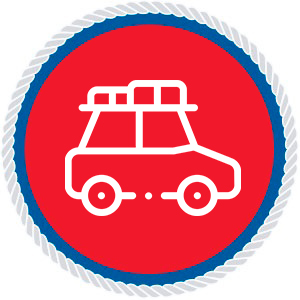
If you need to take a break, Navigator can help with our vacation loan. Applying is easy. You can do it by phone by calling 800-344-3281, option 3, in-Branch or online. And if you want to take a break from regular loan payments, our anytime Skip-A-Pay may be right for you. Free up funds during the month of your choice, then use your cash for travel, entertainment, shopping or to just catch up. As a valued Member of Navigator Credit Union, you may be qualified to participate, and if you have more than one eligible loan, you can skip a payment on each one!
Eat at Home, Grill Out More Often
It’s no secret that eating out is considerably more expensive than eating at home – five times more on average. Consider meal planning to help reduce the time you spend in the kitchen and budget the use of your groceries. To change it up, take it outside and grill up some delicious food during the week. Grilling out helps eliminate using two energy-consuming appliances at once – your HVAC and the oven/stove. Have fun testing out different foods on the grill and enjoy relaxing summer evenings spent outside.
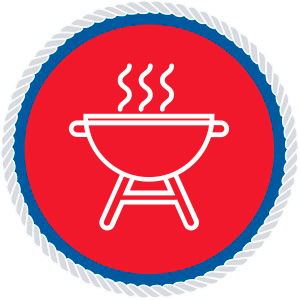
Conserve Fuel
Fuel prices inevitably increase in the summer. Even if you’re driving the same distance, it will cost more. If you can, cut back on driving. Carpool to work or use public transit. If you can’t avoid it, drive slower, use the recommended motor oil grade and keep your tires properly inflated to increase fuel efficiency.
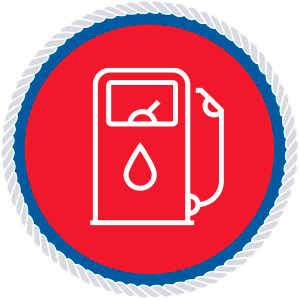
Summer can be some of the most fun months of the year, and it doesn’t have to be the most expensive.
Terms and conditions apply. Visit navigatorcu.org for more details about personal vacation loans and the anytime Skip-A-Pay program.

 Home
Home


